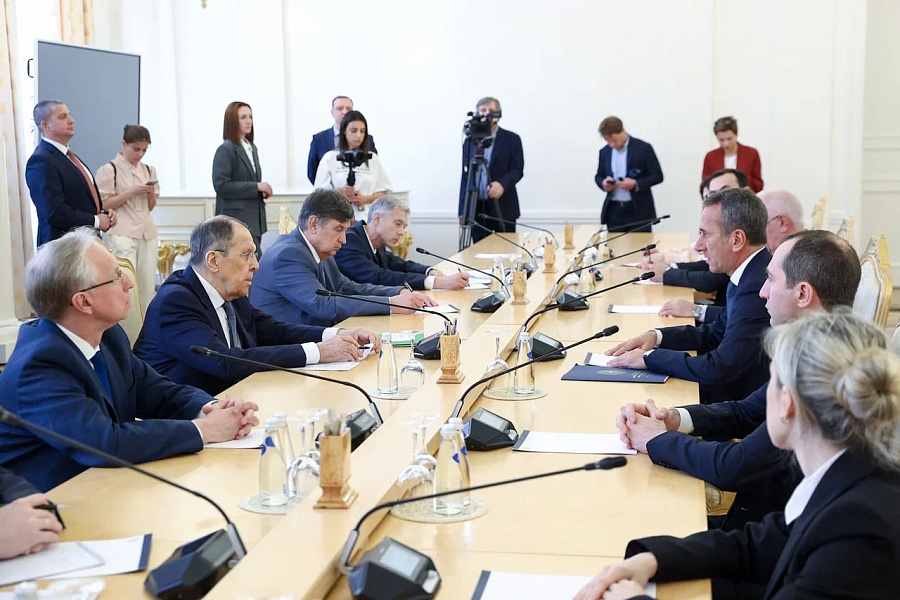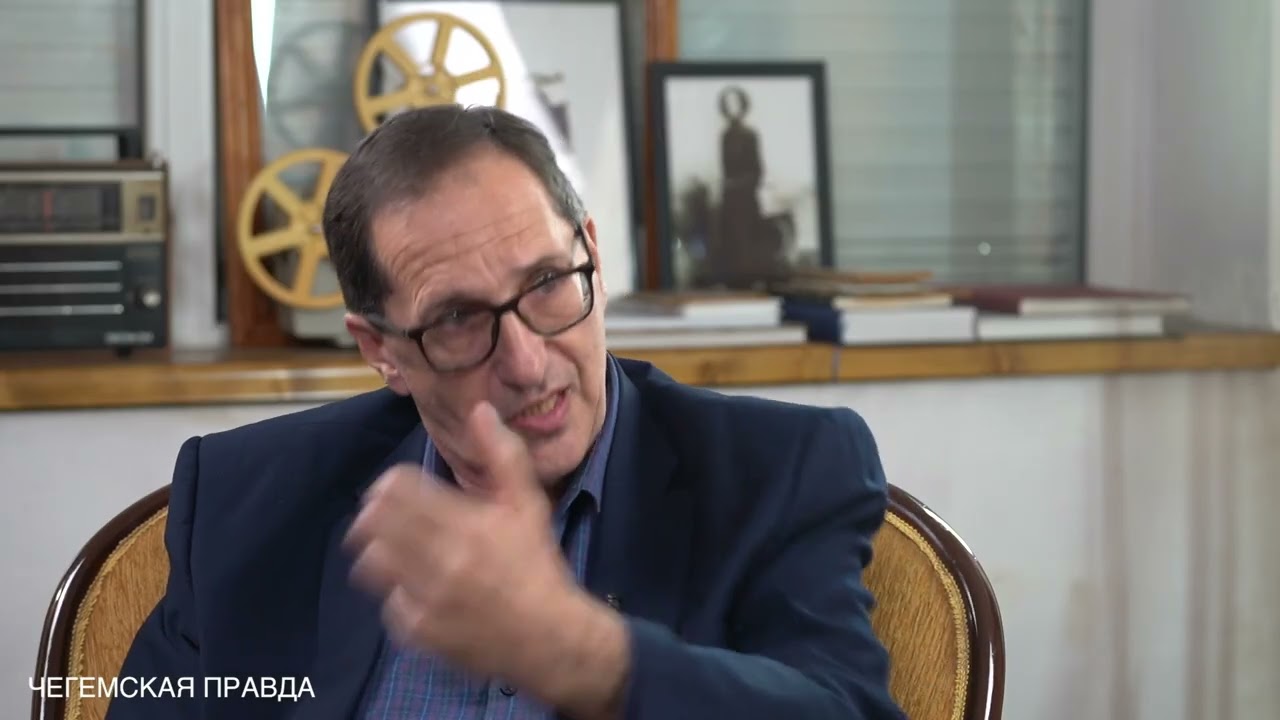Will Georgia recognize Abkhazia’s independence?
The ruling party “Georgian Dream” seems poised to pursue the creation of a confederation with Abkhazia. This would require recognizing Abkhazia’s independence first. The project is likely overseen by the Kremlin, which might either gain control over this new territorial entity or integrate it into a union state created by Russia and Belarus.
Inal Khashig, Editor of JAMnews and Chief Editor of “Chegemskaya Pravda” in Abkhazia, believes this scenario logically follows from the political statement published by “Georgian Dream” on August 20.
The statement includes: “If the territorial integrity of Georgia is restored peacefully, amendments to the Georgian constitution will be necessary to align the governance system and territorial administrative structure with the new reality.”
This goal is cited as one reason why the ruling party is aiming to secure a constitutional majority in the parliamentary elections on October 26 and is urging the public to vote for them. Other goals include:
“Georgian Dream” claims that constitutional amendments are necessary for restoring “territorial integrity.”
This is a rather peculiar assertion, given that the current Constitution of Georgia already defines Abkhazia as an autonomous republic. In other words, the existing legal framework is fully aligned with the principle of “territorial integrity.”
So, what does this really mean? It points to something else—confederation, which cannot be established without mutual recognition. In other words, Georgia must first recognize Abkhazia’s statehood, and only then can the confederation project move forward. There’s no other way.
However, the word “confederation” is rarely mentioned in the campaign speeches of Georgian Dream politicians. This is because, once unpacked, it becomes clear that recognizing Abkhazia’s independence is unavoidable—a prospect that would likely not sit well with the Georgian public. That’s why they stick to the familiar term “restoring territorial integrity,” but behind this well-worn phrase lies an entirely different meaning.
Georgian opposition experts claim that “Georgian Dream” is merely bluffing, as the party’s ratings have dropped just a few months before the elections. They argue that the party’s only remaining card is to convince voters that the return of Abkhazia is imminent, but only under a “Georgian Dream” government.
However, I’m not so sure it’s a bluff. If the aim were simply to promise Georgians the return of Abkhazia once again, there would be no need to push for constitutional changes.
Moreover, given Tbilisi’s current shift towards Moscow, voters might actually believe these promises.
And if this isn’t a bluff and a real plan is in motion, it suggests there may be some behind-the-scenes agreements between Tbilisi, Moscow, and possibly Sukhumi.
In other words, what I wrote about in the spring is beginning to take shape.
“Georgian Dream” and Bidzina Ivanishvili personally must have a compelling reason to take the risk of shifting their orientation from European to “pro-Russian.” In my opinion, that reason could only be Moscow’s promise to assist in “restoring territorial integrity” through the creation of a confederative state.
I’m confident that if presented properly, this model will be enthusiastically received by the majority of Georgian society.
For the Kremlin, which is building a sort of security zone around itself, this is an opportunity to bind Georgia to it, making it at least a neutral territory from which no threats to Russia will emerge. Ultimately, this could lead to the inclusion of this confederation in some kind of union state.


